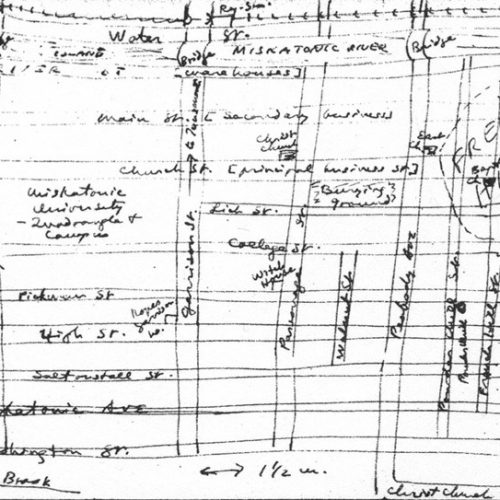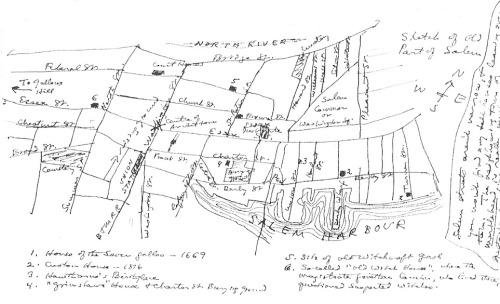Appian Way – Piranesi (1756)
A truly enormous version that shows its many, many details can be found at Wikipedia.
Gregorio Allegri – “Miserere mei, Deus”
No day like today to reflect on the enormities of mankind, the number and scope of which have, incredibly, survived centuries of prayer. The piece itself (I have learned) was forbidden to be performed outside the Vatican or transcribed, on pain of excommunication. It was only after a 14-year-old Mozart memorized it during attendance and copied it out from memory that it escaped the confines of the Sistine Chapel; the Pope himself praised Mozart and the music was released for general performance.
Jack Rose – “Dusty Grass”
The Black Dirt Sessions
A bit like a minor-key “Rappahanock River Rag” at the beginning, but morphing into something more complex and urgent once it departs from its initial jangly theme. This EP is host to a number of excellent tracks, including an extended “Cross the North Fork” and a melancholy pair of tracks closing out the B side. Certainly worth a listen for fans of Jack Rose (RIP) and acoustic guitar in general. (insound)
links/edition/glory_hut
Fact check: Dracula
Midway through Dracula, Stoker makes the following references in regards to extraordinary vigor and longevity:

The biblical story doesn’t really warrant investigation, and Thomas Parr is established cryptoanthropology, but I was curious about the spider anecdote. A little research turned up the following in the "Literary and Scientific Intelligence” section of an 1821 number of the Edinburgh Magazine and Literary Miscellany:

It appears Dr. Van Helsing was exaggerating the length of the spider’s life somewhat, but the anecdote is at least based on what appear to be real events.
The drawing appears to be lost, unfortunately, though here is an image (Prout, 1839) of the cathedral in question, which appears capable of housing such an animal:

Mathematicians, like cows in the dark, all look alike to me.
The library at Malmaison, Charles Percier and Pierre François Léonard Fontaine (1812)




